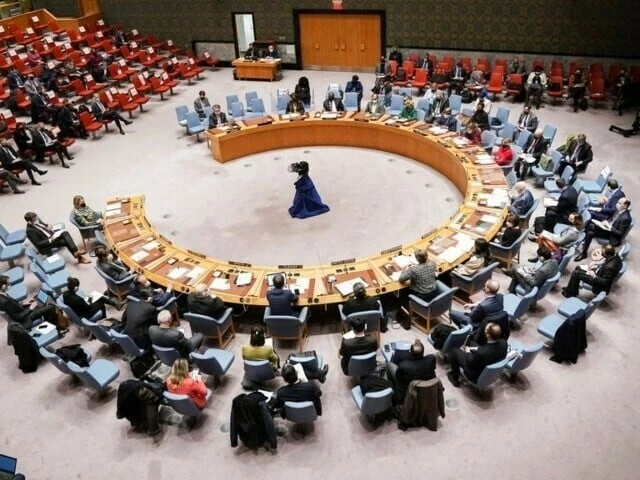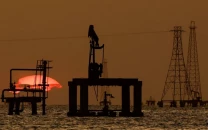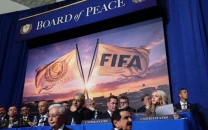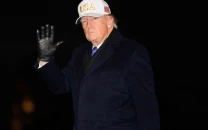Russia, China and Pakistan urge ceasefire as UN Security Council meets over US strikes on Iran
The three nations propose adoption of a resolution calling for an immediate and unconditional ceasefire in Middle East

The UN Security Council has convened a meeting to discuss US strikes on Iran's nuclear sites as Russia, China, and Pakistan proposed that the 15-member body adopt a resolution calling for an immediate and unconditional ceasefire in the Middle East.
The United Nations Secretary General Antonio Guterres has issued a stark warning following the US bombing of Iranian nuclear facilities, calling it a dangerous escalation in an already volatile region. He warned against yet "another cycle of destruction" and retaliation following the US strikes against Iran, which he said marked a "perilous turn" in the region.
"I have repeatedly condemned any military escalation in the Middle East," the secretary-general told an emergency meeting of the UN Security Council. "The people of the region cannot endure another cycle of destruction. And yet, we now risk descending into a rathole of retaliation after retaliation."
Also Read: Iran vows self-defence with 'all force' after US strikes three nuclear installations
To prevent further conflict, the UN chief emphasised the urgent need for diplomacy, the protection of civilians, and the assurance of safe maritime navigation. "We must act immediately and decisively to halt the fighting and return to serious, sustained negotiations on the Iran nuclear programme," he added.
It was not immediately clear when the resolution could be put to a vote. The three countries circulated the draft text, diplomats said, and asked members to share their comments by Monday evening. A resolution requires at least nine votes in favour and no vetoes by the United States, France, Britain, Russia, or China to pass.
The United States is likely to oppose the draft resolution, seen by Reuters, which also condemns attacks on Iran's nuclear sites and facilities. The text, however, does not name either the United States or Israel.
Underground damage at Iranian nuclear sites cannot be assessed: IAEA chief
UN nuclear watchdog chief Rafael Grossi has told the UN Security Council that while craters are visible at Iran’s enrichment site buried into a mountain at Fordow, “No one, including the IAEA, is in a position to assess the underground damage,” Reuters reports.
Grossi said entrances to tunnels used for the storage of enriched material appear to have been hit at Iran’s sprawling Isfahan nuclear complex, while the fuel enrichment plant at Natanz has been struck again.
“Iran has informed the IAEA there has been no increase in off-site radiation levels at all three sites,” said Grossi, who heads the International Atomic Energy Agency.
Iran FM in Russia for talks after US, Israel attacks: Iranian state media
Iranian Foreign Minister Abbas Araghchi has arrived in Moscow for talks after a US attack on key nuclear facilities, AFP reports quoting state media.
“Abbas Araghchi … arrived in Moscow to hold consultations with the [Russian] president and other senior officials of Russia regarding regional and international developments following the military aggression by the United States and the Zionist regime (Israel) against Iran,” the official IRNA news agency said.
The world awaited Iran’s response on Sunday after President Donald Trump said the US had “obliterated” Tehran’s key nuclear sites, joining Israel in the largest Western military action against the Islamic Republic since its 1979 revolution.
Iran requested the UN Security Council meeting, urging the 15-member body “to address this blatant and unlawful act of aggression, to condemn it in the strongest possible terms.”




















COMMENTS
Comments are moderated and generally will be posted if they are on-topic and not abusive.
For more information, please see our Comments FAQ